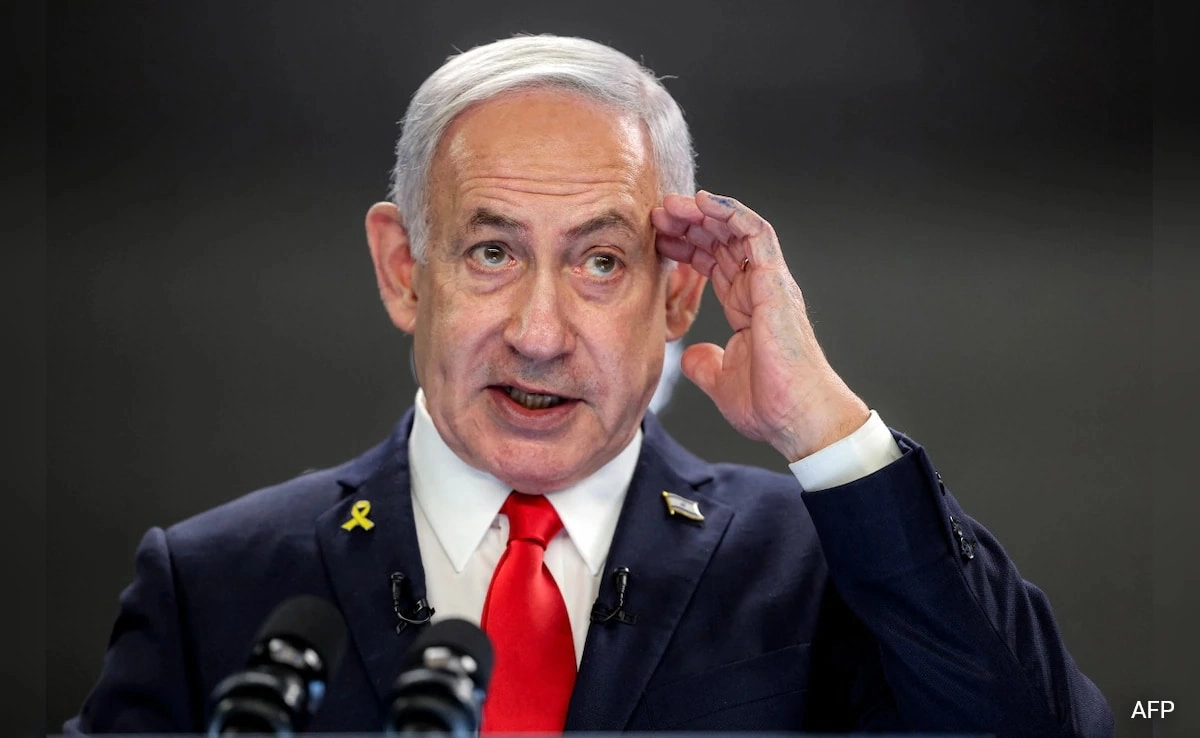In recent years, Israel has found itself at a complex crossroads, grappling with the repercussions of its aggressive military strategies, particularly in relation to its allies, including the United States. The decision to strike at nations and groups that are considered friends or allies of America has not only sparked international outrage but has also led to a reevaluation of diplomatic ties and strategic partnerships. These actions have raised critical questions about Israel’s long-term security and its place in the geopolitical landscape of the Middle East.
The consequences of Israel’s military actions extend beyond immediate military engagements. By targeting entities that have historically been partners of the U.S., Israel risks alienating itself from a vital ally that has provided diplomatic support, military aid, and economic assistance for decades. The U.S. has often acted as a mediator in the Israeli-Palestinian conflict, and by undermining relationships with American allies, Israel may find itself increasingly isolated. This isolation could hinder its ability to secure future negotiations and peace agreements, ultimately affecting its national security.
Moreover, the backlash from Israel’s actions has ignited a wave of criticism from various international bodies and human rights organizations. These criticisms not only challenge Israel’s military tactics but also question the broader implications for human rights and humanitarian law in conflict zones. As public opinion shifts, particularly in Europe and among younger generations in the U.S., Israel must navigate a delicate balance between its security concerns and the need to maintain positive relationships with its allies. The long-term implications of these strikes could very well shape the future of Israeli diplomacy and its capacity to engage effectively on the global stage.
In conclusion, as Israel continues to strike at America’s friends, it must confront the evolving landscape of international relations and the potential fallout from its actions. The challenge lies in recalibrating its military strategies while fostering diplomatic ties that can sustain its security interests. Only through a measured approach that considers both military objectives and the importance of maintaining alliances can Israel hope to navigate the turbulent waters of Middle Eastern politics and secure a stable future for itself and its citizens.




